Just for fun, here’s something I saw on Annabel’s blog the other day: make an acrostic of your name from the titles of books that you’ve read this year. To make it more of a challenge, I decided to use my first name and surname. I managed it… just about. I had to use two books that I’d read but not reviewed as well as read, and even the original-language title of a book that I read in English. But that’s all part of the fun!
D is for Dublinesque by Enrique Vila-Matas (tr. Rosalind Harvey and Anne McLean)
A is for Animals by Emma Jane Unsworth
V is for (The) Vegetarian by Han Kang (tr. Deborah Smith)
I is for Into the Trees by Robert Williams
D is for Diving Belles by Lucy Wood
H is for Hotel Arcadia by Sunny Singh
E is for (The) End of Days by Jenny Erpenbeck (tr. Susan Bernofsky)
B is for (The) Boy Who Stole Attila’s Horse by Iván Repila (tr. Sophie Hughes)
B is for (The) Beginning of the End by Ian Parkinson
L is for (The) Last Lover by Can Xue (tr. Annelise Finegan)
E is for (The) Ecliptic by Benjamin Wood
T is for To Mervas by Elisabeth Rynell (tr. Victoria Häggblom)
H is for (At) Hawthorn Time by Melissa Harrison
W is for White Hunger by Aki Ollikainen (tr. Emily Jeremiah and Fleur Jeremiah)
A is for Atlas: the Archaeology of an Imaginary City by Dung Kai-cheung (tr. Dung Kai-cheung, Anders Hansson and Bonnie S. McDougall)
I is for In the Beginning Was the Sea by Tomás González (tr. Frank Wynne)
T is for Take It Cool by Jonathan Pinnock
E is for Ett Annat Liv (The Wandering Pine) by Per Olov Enquist (tr. Deborah Bragan-Turner)
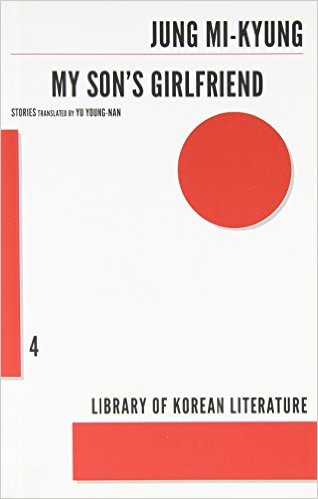
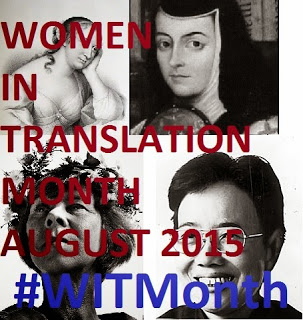
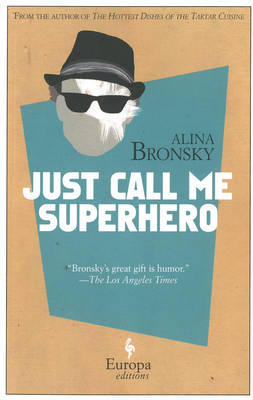
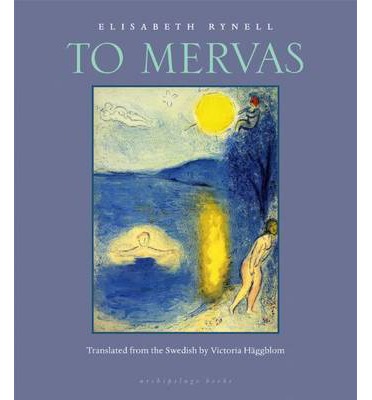
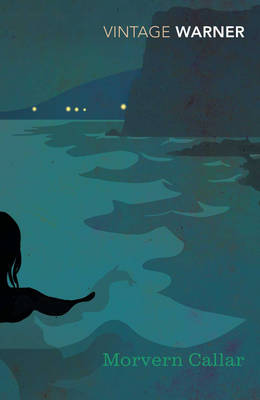
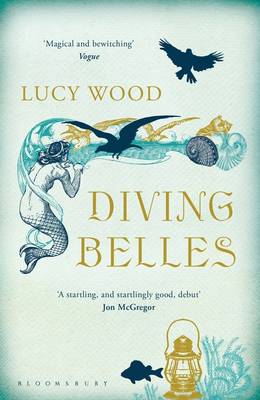
Recent Comments